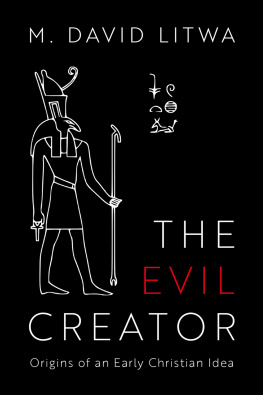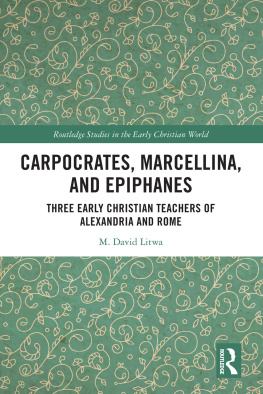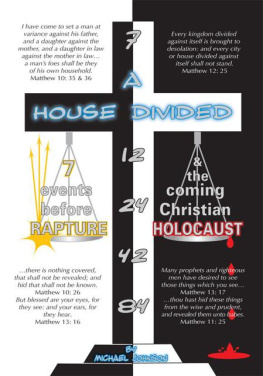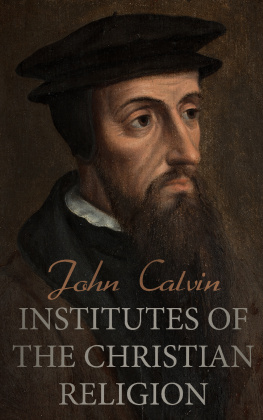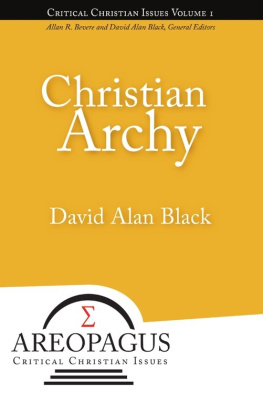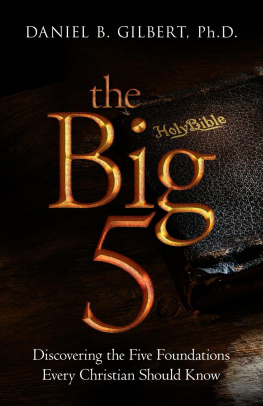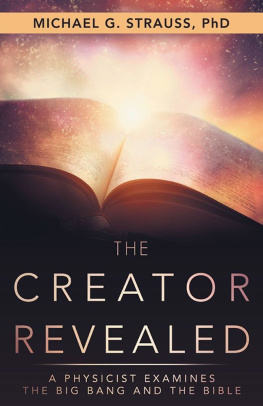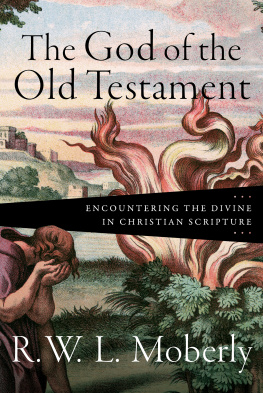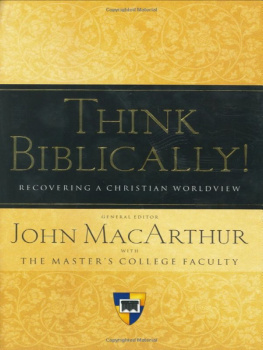The Evil Creator

Oxford University Press is a department of the University of Oxford. It furthers the Universitys objective of excellence in research, scholarship, and education by publishing worldwide. Oxford is a registered trade mark of Oxford University Press in the UK and certain other countries.
Published in the United States of America by Oxford University Press
198 Madison Avenue, New York, NY 10016, United States of America.
Oxford University Press 2021
All rights reserved. No part of this publication may be reproduced, stored in a retrieval system, or transmitted, in any form or by any means, without the prior permission in writing of Oxford University Press, or as expressly permitted by law, by license, or under terms agreed with the appropriate reproduction rights organization. Inquiries concerning reproduction outside the scope of the above should be sent to the Rights Department, Oxford University Press, at the address above.
You must not circulate this work in any other form and you must impose this same condition on any acquirer.
Library of Congress Cataloging-in-Publication Data
Names: Litwa, M. David, author.
Title: The evil creator : origins of an early Christian idea / M. David Litwa.
Description: New York, NY, United States of America :
Oxford University Press, [2021] |
Includes bibliographical references and index.
Identifiers: LCCN 2021013674 (print) | LCCN 2021013675 (ebook) |
ISBN 9780197566428 (hb) | ISBN 9780197566442 (epub)
Subjects: LCSH: God (Christianity)History of doctrinesEarly church, ca. 30-600. |
Good and evilReligious aspectsChristianity. | Gnosticism. |
Marcion, of Sinope, active 2nd century. |
Bible. New TestamentCriticism, interpretation, etc.
Classification: LCC BT98 .L58 2021 (print) | LCC BT98 (ebook) |
DDC 231/.8dc23
LC record available at https://lccn.loc.gov/2021013674
LC ebook record available at https://lccn.loc.gov/2021013675
DOI: 10.1093/oso/9780197566428.001.0001
I dedicate this book to my son, Darian
Contents
All translations in this volume, unless otherwise noted, are my own. All biblical translations, unless otherwise specified, come from the Septuagint (LXX). Throughout this work, I do not capitalize the g in god so as not to offer a value judgment, even implicit, as to which ancient deity is considered to be true or false, real or unreal. Law is capitalized when it refers to Jewish Law or Torah.
Here I gratefully acknowledge the readers who have provided comments on draft chapters of this work: my colleagues Ben Edsall, Stephen Carlson, Kylie Crabbe, Sarah Gador-Whyte, and Devin White offered feedback on Chapters 1, 4, 5, and 6. In addition, Dylan Burns, Tuomas Rasimus, Francis Watson, and John Barclay provided comments on Chapters 1, 2, and 4. An earlier version of Chapter 7 was presented as a paper at the 2018 ACU (Australian Catholic University) annual Rome seminar and published in a different form as The Curse of the Creator: Galatians 3.13 and Negative Demiurgy, in Telling the Christian Story Differently, ed. Francis Watson and Sarah Parkhouse (London: Bloomsbury Academic Press, 2020), 1330. Chapter 2 was offered as a seminar paper at the Biblical and Early Christian Studies Seminar at ACU in late 2019. It is published in a different form as The Father of the Devil (John 8:44): A Christian Exegetical Inspiration for the Evil Creator, VC 74:5 (2020): 54065. My plan to offer a shortened version of Chapter 4 at the North American Patristics Society Meeting in 2020 has now been shifted to 2021 (an Open Call session dedicated to the topic of negative demiurgy). I thank all the participants at these events for their generous feedback.
| AAH | Pseudo-Tertullian, Against All Heresies |
| AH | Irenaeus, Against Heresies |
| AM | Tertullian, Against Marcion |
| ANRW | Aufstieg und Niedergang der rmischen Welt |
| CCSL | Corpus Christianorum Series Latina |
| Cels. | Against Celsus |
| DGWE | Dictionary of Gnosis and Western Esotericism, ed. Hanegraaff |
| EH | Eusebius, Ecclesiastical History |
| JBL | Journal of Biblical Literature |
| JSNT | Journal for the Study of the New Testament |
| LCL | Loeb Classical Library |
| LSJ | Liddell, Scott, Jones, eds. Greek-English Lexicon |
| LXX | Septuagint |
| NHC | Nag Hammadi Codices |
| NovT | Novum Testamentum |
| NTS | New Testament Studies |
| OLD | Oxford Latin Dictionary |
| OTP | Old Testament Pseudepigrapha, ed. James Charlesworth |
| PG | Patrologia Graeca |
| PGM | Greek Magical Papyri |
| Ref. | Refutation of All Heresies |
| SC | Sources Chrtiennes |
| VC | Vigiliae Christianae |
| ZAC | Zeitschrift fr Antikes Christentum |
Free will was the excuse for everything. It was Gods alibi. They had never read Freud. Evil was made by man or Satan. It was simple that way. But I could never believe in Satan. It was much easier to believe that God was evil.
Graham Greene
By contrast, some early Christian groups thought that the creator of this world (known in Hebrew as Yahweh, or the lord) was an evil or hostile being opposed to the true and transcendent deity. To quote just a sample of some early Christian texts:
The chief creator was a fool. He despised condemnation and acted with audacity.
The ruler was a joke, for he said, I am god and no one is greater than I... I am a jealous god... He is conceited and does not agree with our Father.
What kind of god is this? First, he begrudged Adams eating from the tree of knowledge. Second, he said, Adam, where are you? [This] god does not have foreknowledge. He has certainly shown himself to be a malicious envier.
The concept of a wicked creator was the hallmark of Christians who today are still grouped under the global category of gnostic. The question is whywhy did they affirm a malevolent creator, and how did they know that he was malign?
Scholars have searched for broader philosophical motives to explain the origin of the evil creator idea.help for those Christians who imagined an evil creator. There must therefore have been other motives for some Christians to envision such a being.
The apostle Paul, following a trend in ancient Jewish theology, demonized the pantheons of all other peoples (1 Cor 10:20, following Ps 96:5). Paul lived in a world teeming with demons whom he called rulersprovincial potentates reigning from the lower heavens (Rom 8:3839; 1 Cor 2:68). Here was a homemade anti-divine agent in Jewish lore whose oppositional role could readily be transferred to the creator.
Yet it is difficult to see why or how such a transfer would take place, since the creator in Jewish tradition was overwhelmingly conceived of as blessed and worthy of devotion. Jewish scriptures regularly called the creator compassionate, caring, and just. The Psalms sung at length of the abundance of divine mercy, forgiveness, and lovingkindness.

